Exploration in Solidarity Lands
April to July 2025 (3 months)
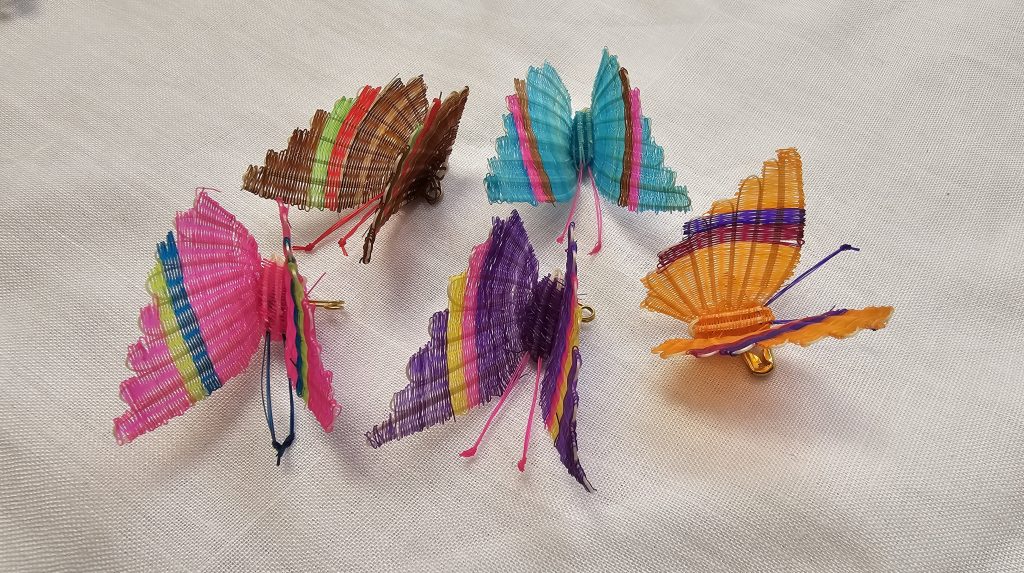
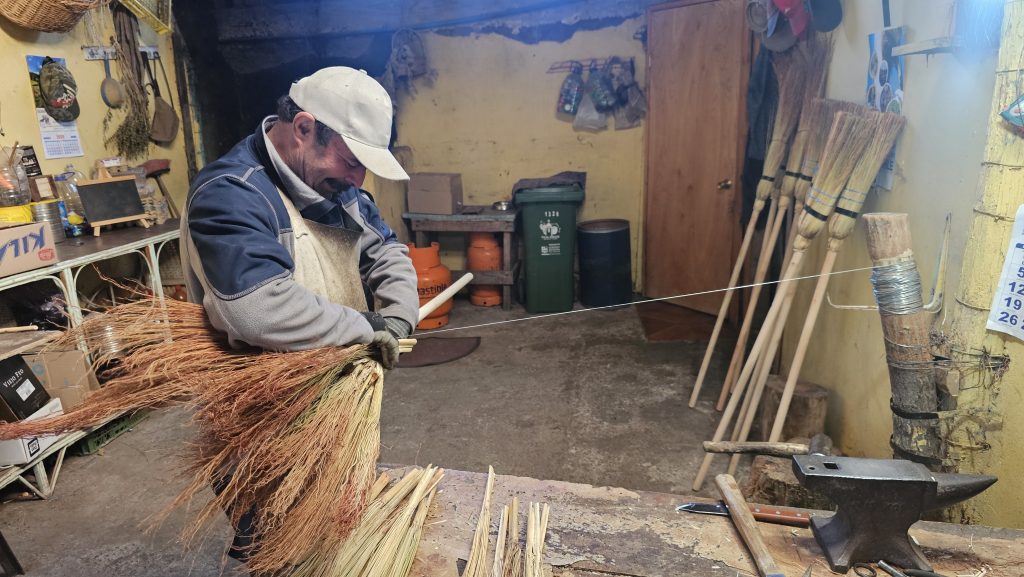
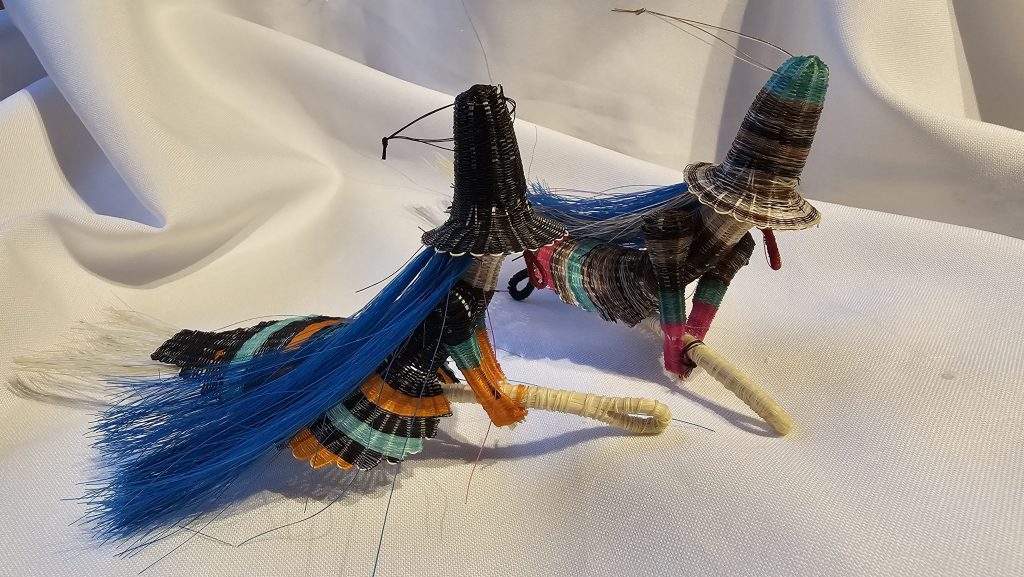
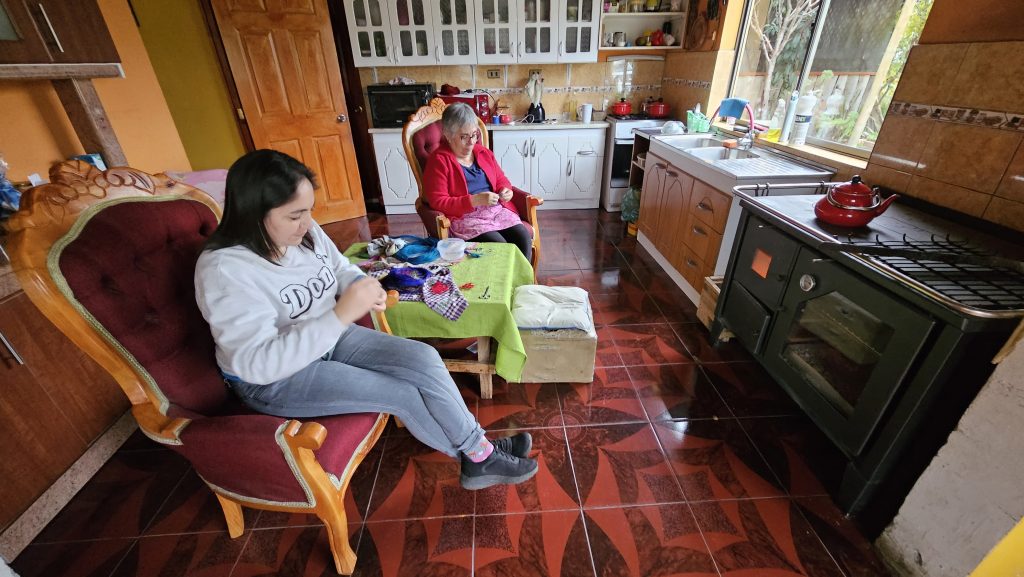
The Maule Region is located 200 kilometers south of Santiago, the capital of Chile. It is 90% rural and home to 55.7% of the population. The region is the heart of Chile’s wine and cherry production. Its climate is Mediterranean, with four distinct seasons (up to 30°C in summer and down to 2°C in winter), and its landscapes feature mountains, valleys, forests, and beaches.
Administratively, the region is divided into four provinces (from north to south): Curicó, Talca, Linares, and Cauquenes, which together comprise 30 municipalities, only two of which are considered urban centers (Curicó and Talca).
Its roads and rural routes are 90% paved and in excellent condition for all types of vehicles. Mobile and internet coverage is available throughout the territory.
According to Chile’s National Tourism Service (SERNATUR), the region is classified in terms of tourism as emerging and potential, but not yet consolidated.
Local partner organization:
This exploration program in Chile is carried out in partnership with TrekkingChile, an organization specialized in sustainable tourism and ecotourism. Founded by nature and mountain enthusiasts, TrekkingChile’s mission is to promote responsible exploration of Chilean territory by highlighting the country’s cultural and environmental diversity.
The organization is committed to encouraging practices that respect local communities and their environment, while offering authentic experiences focused on awareness and education for sustainability.
Through its fieldwork and collaboration with various regional stakeholders, TrekkingChile actively contributes to the preservation of ecosystems and the development of conscious and fair tourism, serving collective well-being and respect for Chile’s natural heritage.
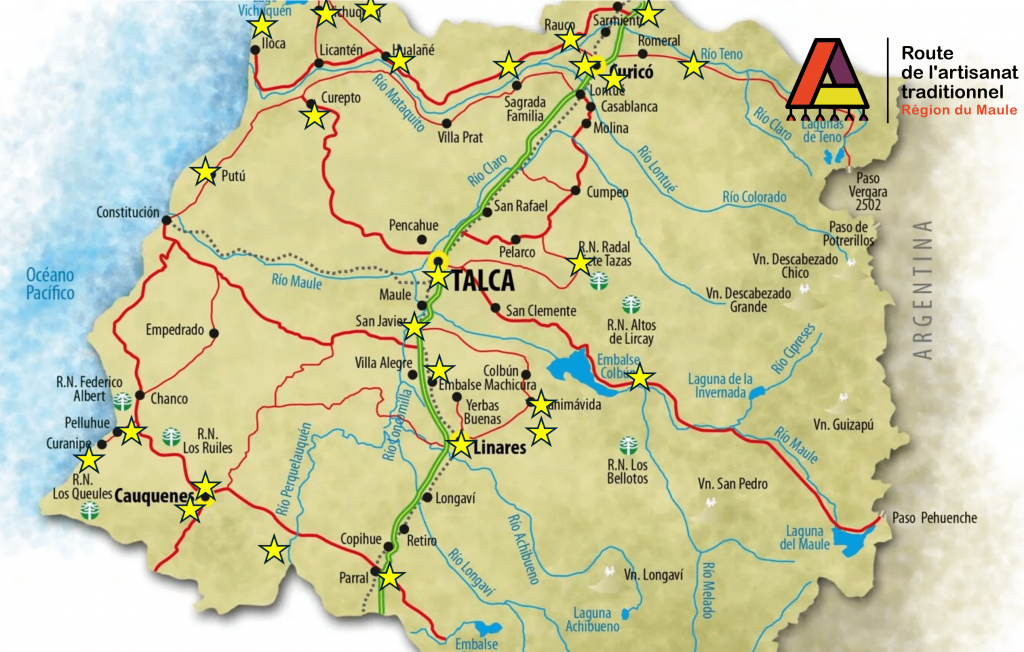
Identify and highlight artisans from the Maule region who transmit ancestral knowledge through their traditional crafts.
Promote the use of local and sustainable materials in artisanal creation (plant fibers, horsehair, clay, leather, metals, wool, native wood, etc.).
Create visual and written content showcasing artisans and their cultural practices, in order to strengthen collective memory and the region’s tourism potential.
Contribute to the media dissemination of local artisanal initiatives by producing multilingual materials and promoting them on social media and regional media outlets.
Highlight the Tesoros Humanos Vivos (Living Human Treasures) recognized by UNESCO, such as the Loceras de Pilén and the Artesanas de Rari, as symbols of Chile’s living cultural heritage.
Raise travelers’ awareness of the importance of the huaso world, the heart of Chile’s rural heritage, by showcasing artisans working with leather, metal, and traditional weaving.
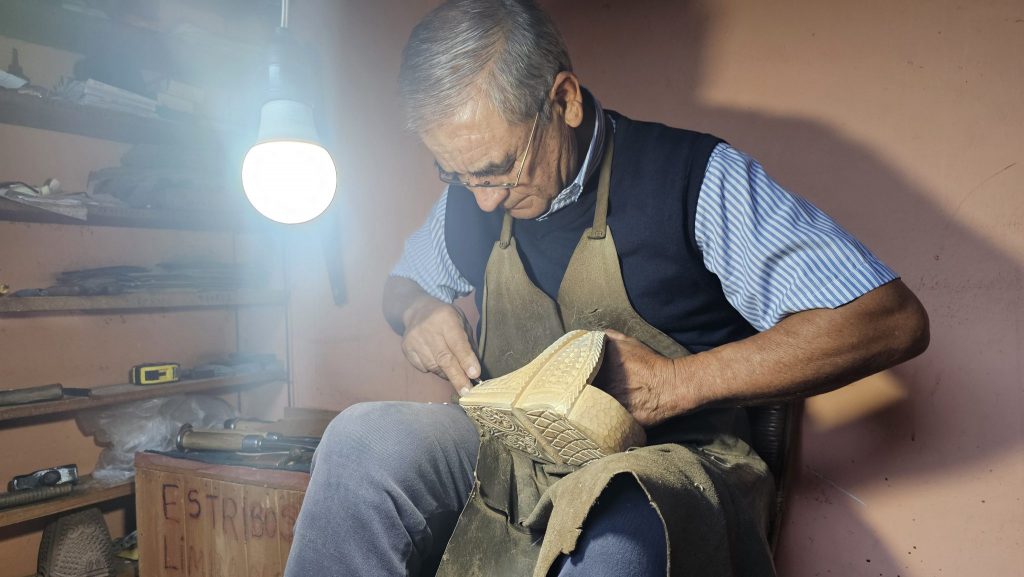
For the purposes of this work, the following considerations were taken into account when selecting artisans:
Crafts rooted in ancestral knowledge
Use of materials sourced from the local territory
Physical accessibility
Personal availability of the artisan
A sample of 49 artisans was selected.
Among them, 7 are groups of artisans organized around ancestral knowledge or materials unique to the region.
Gender: 18 crafts are made by men and 29 by women. Only two businesses—Calzados Lastra and El Recobre Orfebrería—are run by both a man and a woman (respectively a mother and her son, and a couple).
Distribution of artisans by province:
Curicó: 21
Talca: 7
Linares: 16
Cauquenes: 5
This section is available in French and Spanish.
One of the key aspects of this project was to involve the artisans directly, encouraging them to fully engage in the initiative. This led to the implementation of a strategy aimed at strengthening its social and media impact. To achieve this, a promotional campaign was carried out through social media, local radio stations, television channels, and the print press in the Maule region, in addition to a final presentation where the artisans were highlighted as true protagonists.
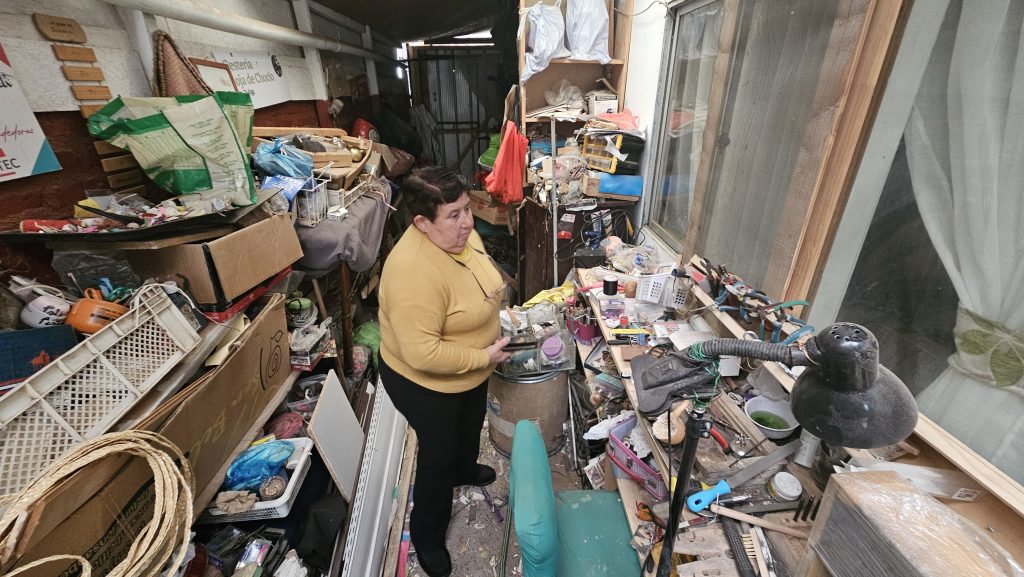
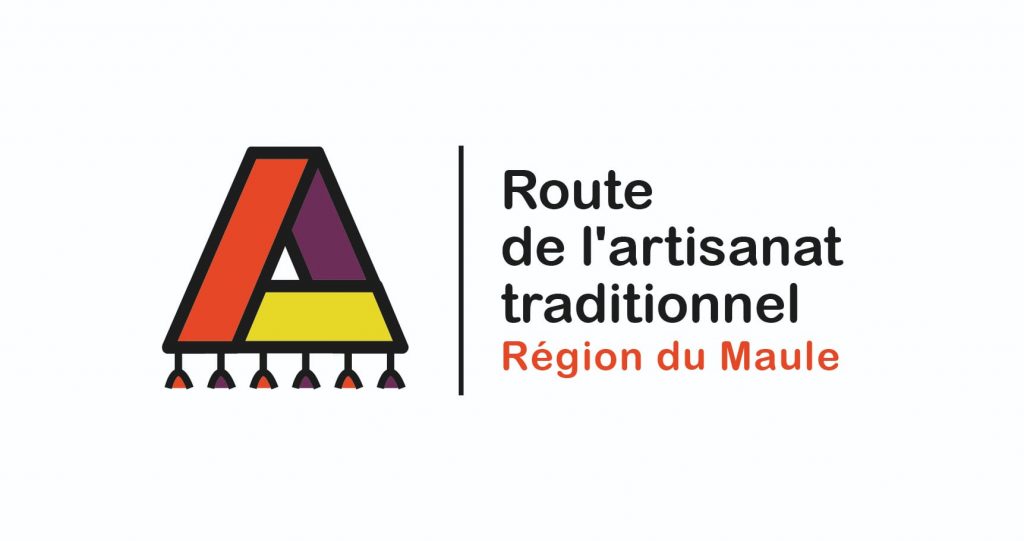
In addition, a trilingual logo (in English, French, and Spanish) was specially created for the project and used on printed materials as well as on social media.
This approach not only helped strengthen the project’s social credibility but also expanded the network of contacts for the participating artisans, several of whom voluntarily reached out to take part in the initiative.
Subscribe to the travel newsletter from our collaborative booking platform Vaolo to find out what’s new, follow our explorers and receive tips for more conscious travel.
The use of the masculine gender has been adopted for ease of reading and has no discriminatory intent.
© 2026 All rights reserved. Village Monde.
By continuing to use the site, you agree to our privacy and cookie policy
I accept